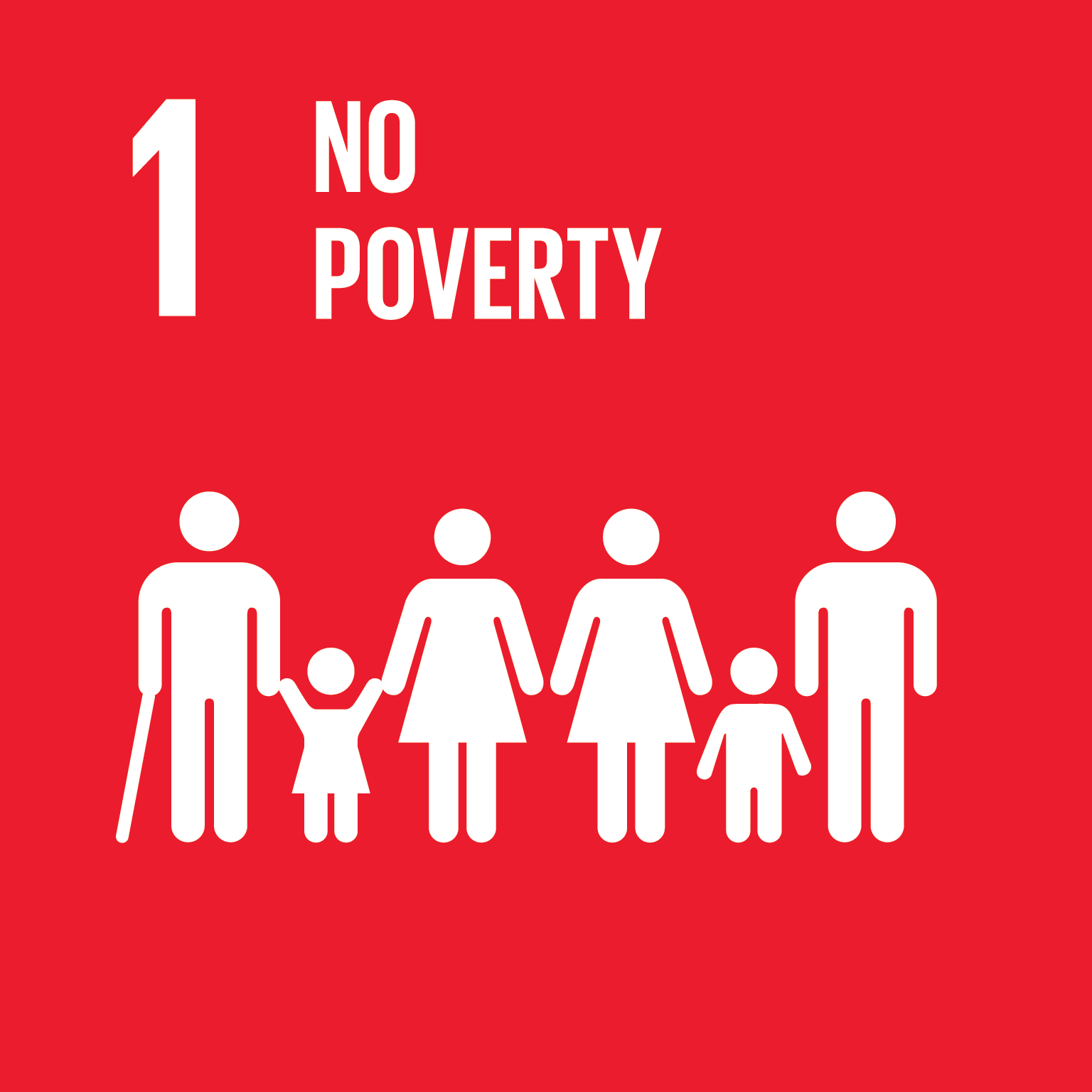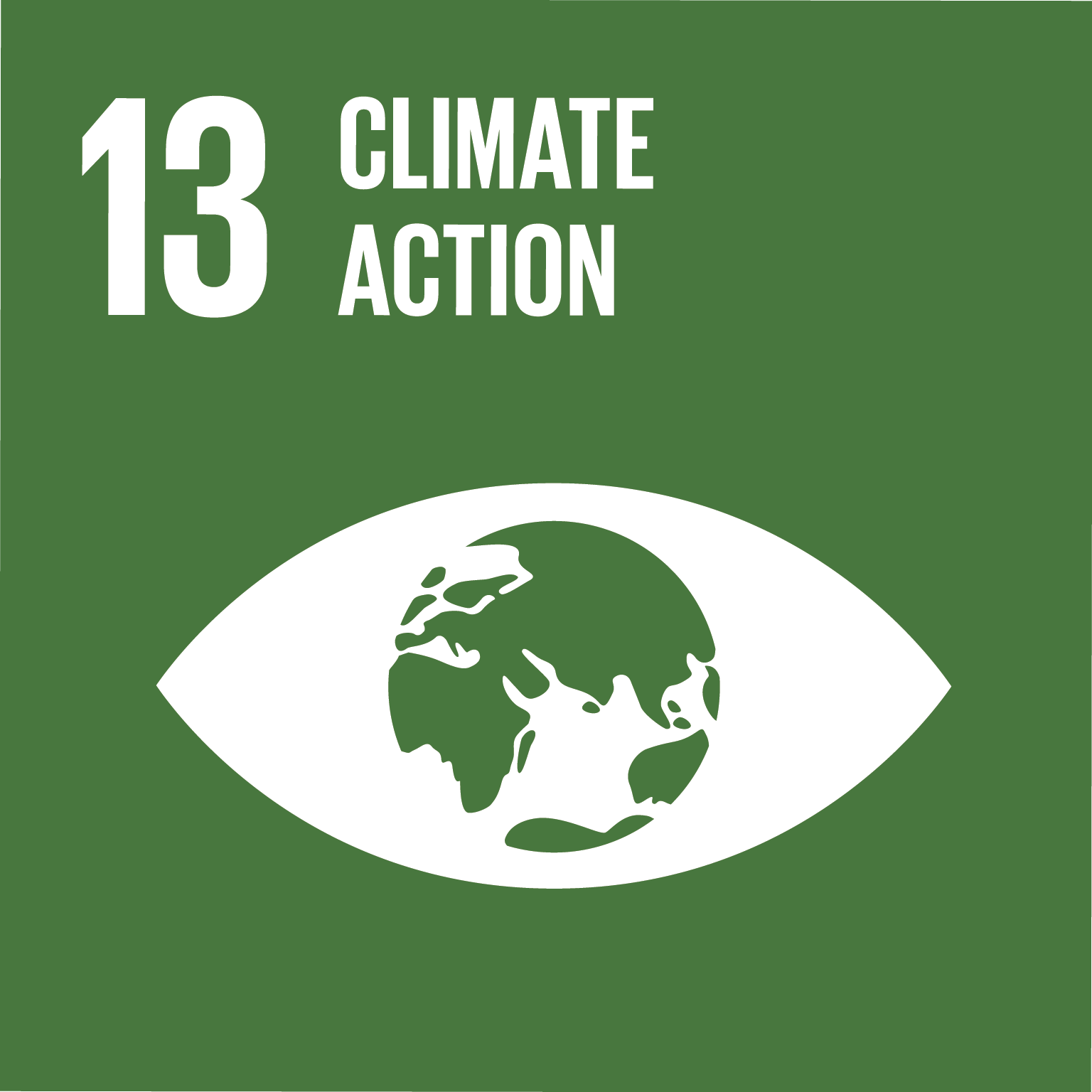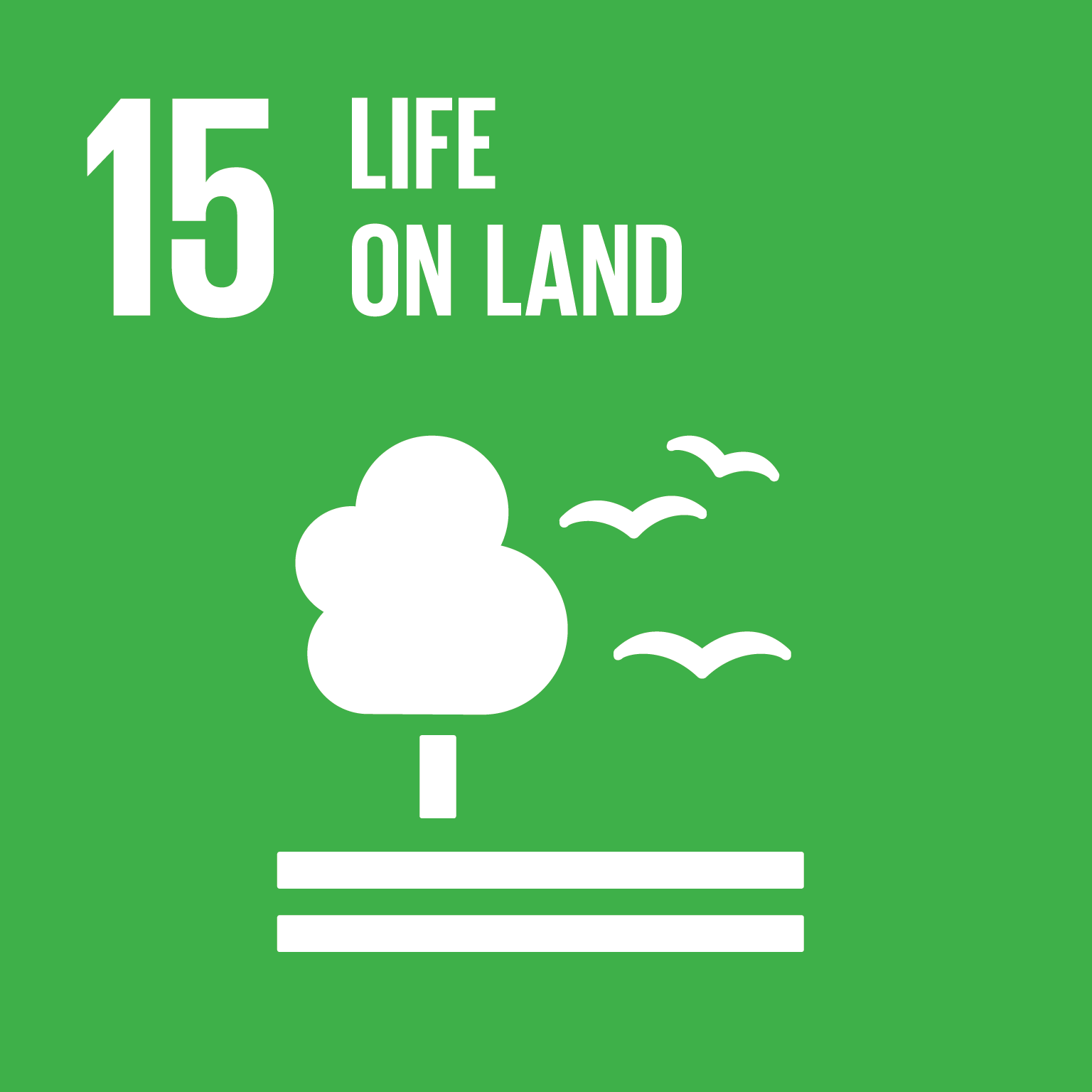As a student in our Crop Science Programme, you will learn about the science, production, and management of crops from genes to fields. With a focus on agronomy, you will explore crop production and soil management to improve yield and quality. Our expert faculty members are active researchers in the rapidly developing field of agriculture and agribusiness. In addition to a strong foundation in basic sciences, you will have the opportunity to study emerging crop pathogens, organic agriculture, climate and soils, and plants and diets.
Crop Science
Where are you from?
We ask you to indicate where you are applying from so that we can show you the information most relevant to you about a course, studying at UCD, where to get assistance, how you apply and, in due course, what fees you pay.
As a general rule, pick the Irish/UK/EU option if you have been a legal resident of Ireland, any other EU or EEA country, the Swiss Confederation or the UK in recent years.
More detailed information is available at ucd.ie/students/fees/eufeeassessment/.
This course is available through the following application route(s)
- Duration:
- 4 Years
- Attendance:
- Full Time
- Delivery:
- On Campus
- NFQ Level:
- 8 (240 credits)
- Level:
- Undergraduate
- Award:
- Bachelor of Agricultural Science
- Next Intake:
- September
- General Entry Requirements (A-Level)
BCC / CCCD / CCC
+ C AS Level
IB SL4 / HL3
- General Entry Requirements (IB)
27
- Subject Requirements (Mathematics)
GCSE C / A Level E
(or AS Level D)
IB SL 4 / HL 3- Subject Requirements (Laboratory Science)
GCSE C / A Level E
(or AS Level D)
IB SL 4 / HL 3- Typical CAO Point Range
400
- Leaving Cert Subject Entry Requirements
O6/H7 in English, Irish, Mathematics, a laboratory science subject and two other recognised subjects.
- Country Specific Entry Requirements:
- Visit the UCD Global Undergraduate Entry Requirements webpage.
- Other School Leaving Requirements:
- See www.ucd.ie/admissions
- Duration:
- 4 Years
- Attendance:
- Full Time
- Delivery:
- On Campus
- NFQ Level:
- 8 (240 credits)
- Level:
- Undergraduate
- Award:
- Bachelor of Agricultural Science
- Next Intake:
- September
- General Entry Requirements (A-Level)
BCC / CCCD / CCC
+ C AS Level
- General Entry Requirements (IB)
27
- Subject Requirements (Mathematics)
GCSE C / A Level E
(or AS Level D)
IB SL 4 / HL 3- Subject Requirements (Laboratory Science)
GCSE C / A Level E
(or AS Level D)
IB SL 4 / HL 3- Typical CAO Point Range
400
- Leaving Cert Subject Entry Requirements
O6/H7 in English, Irish, Mathematics, a laboratory science subject and two other recognised subjects.
- Country Specific Entry Requirements:
- Visit the UCD Global Undergraduate Entry Requirements webpage.
- Other School Leaving Requirements:
- See www.ucd.ie/admissions
As a student in our Crop Science Programme, you will learn about the science, production, and management of crops from genes to fields. With a focus on agronomy, you will explore crop production and soil management to improve yield and quality. Our expert faculty members are active researchers in the rapidly developing field of agriculture and agribusiness. In addition to a strong foundation in basic sciences, you will have the opportunity to study emerging crop pathogens, organic agriculture, climate and soils, and plants and diets.
CAO CHANGE OF MIND HELPLINE
Call or Chat
Thinking of changing your CAO choice? Talk to us first – we're here to help!
Contact UsAbout This Course
In first and second year, the focus is on the development of the key basic sciences that underpin a crops agronomy course such as soils science, agricultural botany, agricultural chemistry and economics. The focus then moves to more crop science applied courses and builds on your initial science to give you a more advanced understanding of crop science including modules such as pesticide use, integrated pest management, plant nutrition and climate and soils.
First Year
Animal Biology & Evolution • Introductory Chemistry • Mathematics for Agriculture • Physics for Agricultural Science • Agricultural Economics & Business • Introduction to Biomolecules • Cell & Plant Biology • Information Skills • Optional Module
Second Year
Soil Science • Microbiology • Agricultural Botany • Arable Crop Production • Business Management
Third Year
Plant Diseases • Pesticide Use • Integrated Pest Management • Control of Weeds • Soil Science • Nutrition • Professional Work Experience (PWE)
Fourth Year
Farm Business • Cereal Production • Organic Agriculture • Forest Production • Emerging Crop Pathogens • Climate & Soils • Plants & Diets
Students spend an average of 40 hours a week attending lectures and tutorials, participating in laboratory-based practicals and undertaking independent study. A combination of continuous assessment and end-of-trimester written examinations is used. Certain modules also involve project work.
Professional Work Experience (PWE)
A 16-week period of structured PWE takes place in third year and may be a combination of on farm, agri-business and research centre placements. PWE can be taken in Ireland or abroad.
The course is designed to allow you to take the Autumn trimester aboard in third year in an international university such as:
- Kansas State University, USA
- Olds College, Canada
- Purdue University, USA
- Michigan State University, USA
And a number of selected opportunities in Europe.
The potential opportunities for graduates are in a wide variety of areas such as
- Agribusiness
- Brewing and malting sectors,
- Crop advisory work for state organisations
- Private consultancy
- Financial services
This is also a very suitable degree if you intend to pursue full-time farming or combine part-time farming with a professional career. Research opportunities to master’s and PhD level are available.
Below is a list of all modules offered for this degree in the current academic year. Click on the module to discover what you will learn in the module, how you will learn and assessment feedback profile amongst other information.
Incoming Stage 1 undergraduates can usually select an Elective in the Spring Trimester. Most continuing undergraduate students can select up to two Elective modules (10 Credits) per stage. There is also the possibility to take up to 10 extra Elective credits.
| Trimester | Credits | |||
|---|---|---|---|---|
Stage 1 Core Modules |
AESC10010 | Land Use and the Environment | Autumn | 5 |
Stage 1 Core Modules |
CHEM00020 | Introductory Chemistry | Autumn | 5 |
Stage 1 Core Modules |
MATH10230 | Mathematics for Agriculture I | Autumn | 5 |
Stage 1 Core Modules |
PHYC10180 | Physics for Ag. Science | Autumn | 5 |
Stage 1 Core Modules |
RDEV10020 | Information Skills | Autumn | 5 |
Stage 1 Core Modules |
RDEV10030 | Introduction to Agricultural Economics and Business | Autumn | 5 |
Stage 1 Core Modules |
ANSC10010 | Introduction to Animal Science | Spring | 5 |
Stage 1 Core Modules |
BIOL10010 | Animal Biology and Evolution | Spring | 5 |
Stage 1 Core Modules |
BIOL10030 | Cell and Plant Biology | Spring | 5 |
Stage 1 Core Modules |
CHEM10010 | Introduction to the Chemistry of Biomolecules | Spring | 5 |
Stage 1 Core Modules |
CPSC10010 | Introduction to Crop Science | Spring | 5 |
Stage 1 Options - A) Min 0 of: These modules may be selected in the SPRING term in place of 5 elective credits. |
FDSC10030 | Our Food, Our Planet: Introduction to Sustainable Food Systems | Spring | 5 |
Stage 1 Options - A) Min 0 of: These modules may be selected in the SPRING term in place of 5 elective credits. |
PHYC10190 | Aspects of Physics for Ag. Sci | Spring | 5 |
Stage 1 Options - A) Min 0 of: These modules may be selected in the SPRING term in place of 5 elective credits. |
RDEV10040 | Introduction to Food and Agribusiness Management | Spring | 5 |
Stage 2 Core Modules |
AESC20060 | Soil Science Basics | Autumn | 5 |
Stage 2 Core Modules |
BSEN30170 | Agricultural Mechanisation: Engines and Crop Machinery | Autumn | 5 |
Stage 2 Core Modules |
FOR20100 | Applied Biostatistics | Autumn | 5 |
Stage 2 Core Modules |
HORT20070 | Agricultural Botany | Autumn | 5 |
Stage 2 Core Modules |
MICR20010 | Agricultural Microbiology | Autumn | 5 |
Stage 2 Core Modules |
BSEN30020 | Buildings and Environment | Spring | 5 |
Stage 2 Core Modules |
CPSC20020 | Fundamentals of Arable Crop Production | Spring | 5 |
Stage 2 Core Modules |
CPSC20040 | Physiological Plant Ecology | Spring | 5 |
Stage 2 Core Modules |
FDSC20100 | Agricultural Biochemistry | Spring | 5 |
Stage 2 Core Modules |
RDEV20140 | Health, Welfare & Safety in Agriculture | Spring | 5 |
Stage 2 Options - A) Min 0 of: The modules may expand your knowledge in the Agri-Food sector and may be taken in place of electives |
AERD20030 | Business Management | Autumn | 5 |
Stage 2 Options - A) Min 0 of: The modules may expand your knowledge in the Agri-Food sector and may be taken in place of electives |
BIOL20050 | Climate Change and Agriculture | Autumn | 5 |
Stage 2 Options - A) Min 0 of: The modules may expand your knowledge in the Agri-Food sector and may be taken in place of electives |
ANSC20010 | Genetics and Biotechnology | Spring | 5 |
Stage 3 Core Modules |
CPSC30010 | Professional Work Experience | 2 Trimester duration (Aut-Spr) | 30 |
Stage 3 Core Modules |
AESC30100 | Pests, Parasites and Beneficials | Autumn | 5 |
Stage 3 Core Modules |
BIOL30010 | Plant Diseases: Biology and Control | Autumn | 5 |
Stage 3 Core Modules |
CPSC30050 | Organic Agriculture | Autumn | 5 |
Stage 3 Core Modules |
CPSC30100 | Emerging Crop Pathogens | Autumn | 5 |
Stage 3 Options - A)1 of: Students must select ONE of the two following modules: |
AESC30080 | Agri-Environmental Issues and Policy | Autumn | 5 |
Stage 3 Options - A)1 of: Students must select ONE of the two following modules: |
AESC30220 | Soil Science Applications | Autumn | 5 |
Stage 3 Options - B) Min 0 of: This module may be taken in place of an elective |
RDEV30380 | Knowledge Tfr for Farm Innovat | Autumn | 5 |
Stage 4 Core Modules |
AERD30190 | Farm Business Management | Autumn | 5 |
Stage 4 Core Modules |
AESC40660 | Plants, Roots and Productivity | Autumn | 5 |
Stage 4 Core Modules |
CPSC30040 | Grass and Forage Production | Autumn | 5 |
Stage 4 Core Modules |
CPSC40010 | Cereal Production | Autumn | 5 |
Stage 4 Core Modules |
CPSC40100 | Advances in Crop Mechanisation | Autumn | 5 |
Stage 4 Core Modules |
AESC30160 | Agrichemicals and the Environment | Spring | 5 |
Stage 4 Core Modules |
AESC30230 | Climate, Carbon and Soil | Spring | 5 |
Stage 4 Core Modules |
CPSC40050 | Devs in Crop Production & Util | Spring | 5 |
Stage 4 Core Modules |
HORT10030 | Plant-based Diets | Spring | 5 |
Stage 4 Core Modules |
RDEV30060 | Professional Communications | Spring | 5 |
Stage 4 Options - B) Min 0 of: Suggested option module |
AESC30080 | Agri-Environmental Issues and Policy | Autumn | 5 |
Stage 4 Options - B) Min 0 of: Suggested option module |
AESC30010 | Scientific Writing and Review | Spring | 5 |
 |
 |
 |
 |
 |
 |
Understanding of crop science is a key aspect of sustainable agricultural practices. Crops are pivotal in developing climate-smart agriculture through food security, nutrition and resources sustainability. Crops underpin both human and livestock production and hence the production of crops in a way that optimises the use of soil and water resources while supporting biodiversity and climate-smart agricultural practices is a fundamental aspect of crop science. This aligns with the vision of the UCD School of Agriculture and Food Science as the crop teaching and research programmes work with the entire sector from pre and post-farm gate through the processing sector and into national and international companies. The crop science programme supports the development of strategies relating to UN Sustainable Development Goals:
- No Poverty (SDG 1)
- No Hunger (SDG 2)
- Good Health and Well-Being (SDG 3)
- Responsible Consumption and Production (SDG 12)
- Climate Action (SDG 13)
- Life on Land (SDG 15)
Growing up on a tillage farm in Co.Offaly agriculture was instilled in me from a young age. UCD was a great experience and I found the modules really interesting and applicable. In the first year you learn the basics of science and build on these fundamentals in later years. In third year I opted to do a student exchange with the University of Illinois Urbana Champaign where I took modules in the Department of Crop Science. There is also a placement element to the course in third year which can let you apply the skills you learned. I would recommend this course to anyone with an interest in agriculture.
Andrew Strong, Student
Non-EU Undergraduate Fee information can be found here.
UCD offers a number of competitive undergraduate scholarships for full-time, self-funding international students, holding an offer of a place on a UCD undergraduate degree programme. For information on Undergraduate Scholarships, please see the UCD International Scholarships webpage.
How to Apply
General application route(s) for Irish/UK/EU applicants* for International (non-EU) applicants* to Crop Science:
| ROWCLASS | Apply to |
|---|---|
| showAudience-audienceInt | CPS3 Crop Science Bachelor of Agricultural Science Full-Time Commencing September 2025 Undergraduate Degree (Non EU) Non EU Undergraduates |
| showAudience-audienceInt | UAS1 Agricultural Science Bachelor of Agricultural Science Full-Time Commencing September 2025 Undergraduate Degree (Non EU) Non EU Undergraduates |
| showAudience-audienceEU | DN250 Agricultural Science Bachelor of Agricultural Science Full-Time Commencing September 2025 Application through CAO |